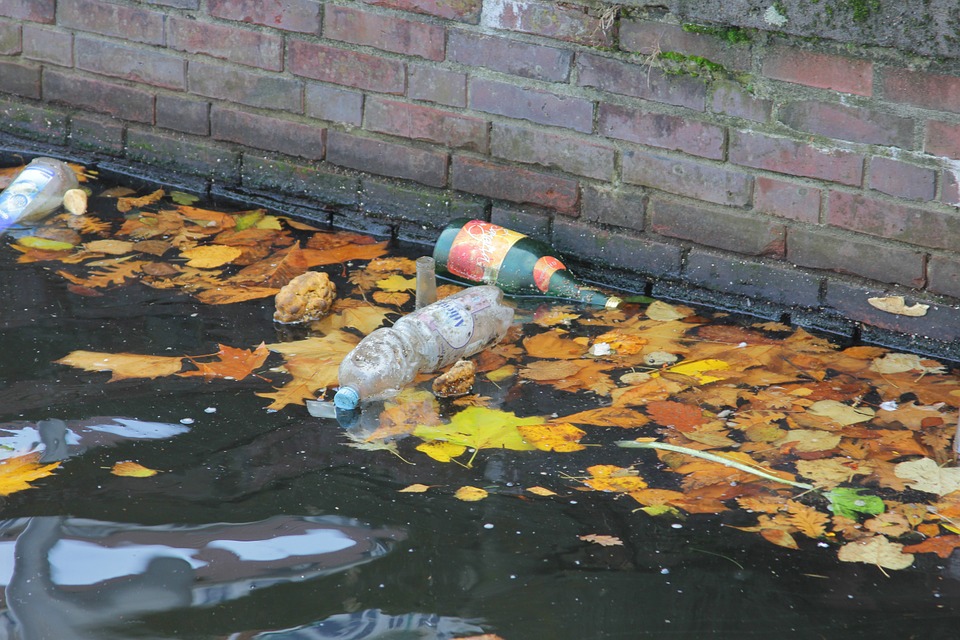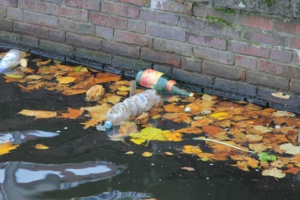Dailycsr.com – 29 August 2016 – If you are looking for environmental as well as financial advantages while conditioning “wastewater solids”, then the process of “Thermal hydrolysis” is the answer you need. The said process is widely used across the United Kingdom, while also making recent head-starts in the U.S., whereby gaining traction as “wastewater utilities analyze whether their facilities would make a good candidate”.
The “thermal hydrolysis process” or otherwise known as THP enhances the “biodegradability of wastewater residuals”, likewise, the process boosts the rate of digester being loaded, besides “increasing biogas production, and producing a biosolids product that can be used for land fertilization”. The THP’s lead “Black & Veatch Technology”, Greg Knight, said:
“The reasons plants are now examining whether to install THP are varied. Some facilities need to process more solids through existing digesters, and some have a requirement to reduce digester volume for new systems.”
According to Knight’s information, the THP process abolishes bio-solids’ pathogen to meet the criteria mentioned by the “highest U.S. Environmental Protection Agency”, for applying “Class A” fertilizer in the land. THP facilitates the solids to be mixed, while it allows pumping at “higher solids concentrations” for increasing “digester loading rates”.
The Technical Director at Black & Veatch UK, Martin Jolly, informed:
“In Europe and some regions of the U.S., revenue from energy production can provide a significant additional consideration, due to high electricity costs and credits associated with green energy production”.
Giving an example of the same Jolly noted that the “Davyhulme, Manchester, UK,” plant was completed by “Black & Veatch” for “$160 million” in the year of 2014, which can generate “12 megawatts of electricity from sewage sludge”.
References:
ethicalperformance.com
The “thermal hydrolysis process” or otherwise known as THP enhances the “biodegradability of wastewater residuals”, likewise, the process boosts the rate of digester being loaded, besides “increasing biogas production, and producing a biosolids product that can be used for land fertilization”. The THP’s lead “Black & Veatch Technology”, Greg Knight, said:
“The reasons plants are now examining whether to install THP are varied. Some facilities need to process more solids through existing digesters, and some have a requirement to reduce digester volume for new systems.”
According to Knight’s information, the THP process abolishes bio-solids’ pathogen to meet the criteria mentioned by the “highest U.S. Environmental Protection Agency”, for applying “Class A” fertilizer in the land. THP facilitates the solids to be mixed, while it allows pumping at “higher solids concentrations” for increasing “digester loading rates”.
The Technical Director at Black & Veatch UK, Martin Jolly, informed:
“In Europe and some regions of the U.S., revenue from energy production can provide a significant additional consideration, due to high electricity costs and credits associated with green energy production”.
Giving an example of the same Jolly noted that the “Davyhulme, Manchester, UK,” plant was completed by “Black & Veatch” for “$160 million” in the year of 2014, which can generate “12 megawatts of electricity from sewage sludge”.
References:
ethicalperformance.com


 Treating Wastewater Solids Through THP Provides Environmental & Financial Benefits
Treating Wastewater Solids Through THP Provides Environmental & Financial Benefits





 Companies
Companies